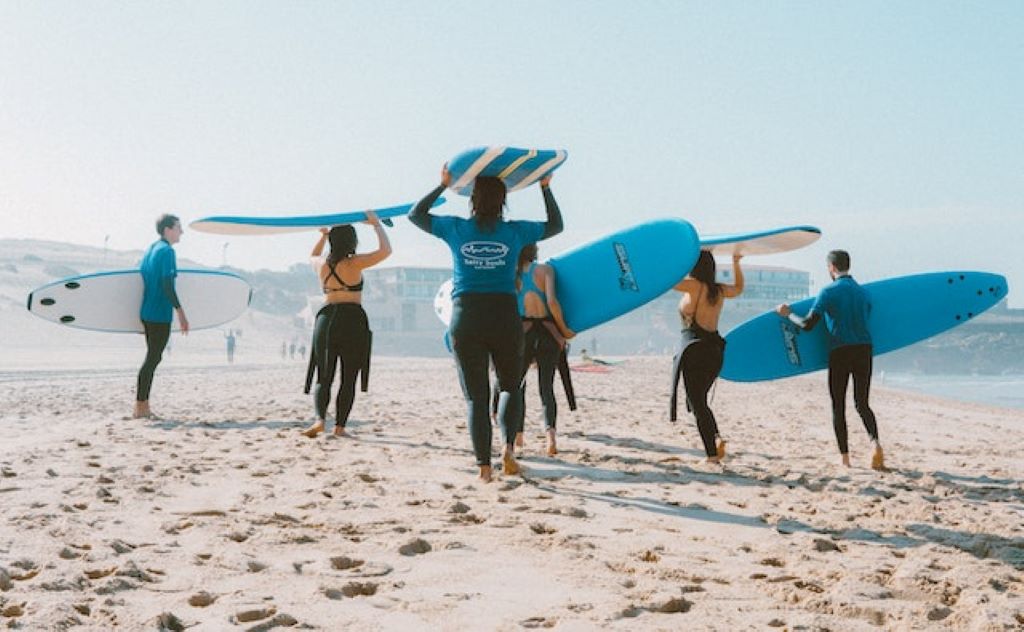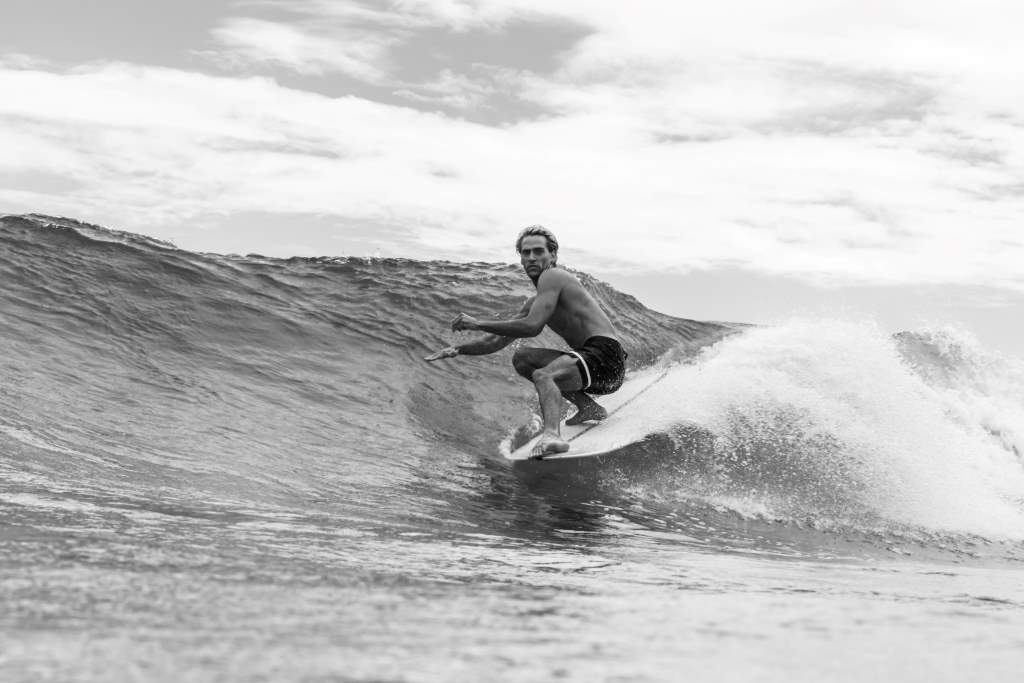
Surfing is more than just riding waves—it’s a test of skill, mindset, and resilience. For many new surfers, stepping into their first competition is both exciting and intimidating. Whether you’re a weekend wave rider or an emerging talent, knowing what to expect at your first surf contest can be the difference between a day of frustration and an unforgettable milestone.
Thank you for reading this post, don't forget to subscribe!Understanding the Surf Contest Environment
From the moment you arrive at the beach, the atmosphere buzzes with energy. Surfers are stretching, waxing boards, and checking wave conditions. Events usually start early—some as early as 6:30 AM—to catch the best tides. Organizers post heat sheets near the judge’s tent. These indicate your division, heat number, and competitors.
Most beginner-level contests follow a man-on-man or four-person heat format. Each heat lasts around 15 to 20 minutes. You must catch your best two or three waves during this time to score points.
According to the World Surf League, judges rate rides based on five factors:
- Commitment and degree of difficulty
- Innovative and progressive maneuvers
- Combination of major maneuvers
- Variety of maneuvers
- Speed, power, and flow
Expect your first surf contest to include a variety of age divisions and skill levels. You’ll likely compete in a novice or open amateur bracket.
Pre-Contest Nerves: It’s Totally Normal
Even experienced surfers admit that the pre-heat jitters never fully disappear. Your heart races. You overanalyze the waves. Your hands tremble while putting on your leash. It’s normal.
To calm nerves, focus on routines. Arrive early. Watch the waves. Do a light stretch or run to loosen up. Visualization also helps—imagine catching clean waves and finishing strong. Research by the Journal of Applied Sport Psychology confirms visualization enhances performance by 45% in athletes under stress.
Breathing exercises work too. Try inhaling deeply through the nose for four seconds, holding for four, then exhaling for four. This square breathing technique has helped pro surfers like Kelly Slater stay centered in high-stakes events.

Reading the Waves and Lineup
In your first contest, wave selection can make or break your score. Bigger waves don’t always score better. Judges reward clean, high-performance rides. It’s smarter to pick a shoulder-high wave you can ride confidently than a head-high bomb you wipe out on.
Spend time watching heats before yours. Note where most waves are breaking. Observe the current and wind direction. Some beaches may have strong lateral currents, which can push you away from the takeoff zone quickly.
In a heat, positioning is everything. Stay patient. Don’t chase every wave. Let your opponents paddle for average waves while you wait for better sets.
Gear and Preparation: Bring the Essentials
When preparing for what to expect at your first surf contest, gear matters. Here’s a checklist to avoid last-minute stress:
- At least two surfboards (in case one gets damaged)
- Wax and leash
- Rash guard or jersey (often provided)
- Water and light snacks
- Towel and sunscreen
- Poncho or extra clothes for changing
- Tent or umbrella for shade
Always double-check your surfboard is contest-legal. Some contests restrict board length or fins in certain divisions. Ask organizers beforehand if you’re unsure.
How Heats Work: A Breakdown
In a typical heat, surfers compete against each other and the clock. The horn or whistle signals the start. You paddle out and begin catching waves. You’ll often hear a horn at 5 minutes remaining and again at the end.
Judges will score your two highest waves out of usually 10 attempts. Focus on quality, not quantity. An early high score can boost your confidence and put pressure on competitors.
Don’t forget priority rules. Once in effect, the surfer with priority has the right to the next wave without interference. Interference penalties can drop your best score or disqualify a ride.
Discover more:
Turtle Roll Technique for Beginner Surfers
Etiquette and Sportsmanship
Beginner surfers sometimes underestimate the importance of etiquette. Congratulate fellow surfers. Avoid dropping in on another’s wave. Respect priority and judges.
These contests build your reputation in the local surf community. Coaches, scouts, and sponsors often watch junior or amateur events. Demonstrating good sportsmanship can leave a lasting impression.
Nutrition and Energy Tips
Contests last hours, and sometimes you’ll wait for your heat all day. Eat clean, energizing food like bananas, granola bars, or a protein smoothie. Avoid heavy meals before heats—they slow you down.
Hydration is vital. Dehydration reduces reaction time and decision-making. Studies show even 1% fluid loss can impair physical performance by up to 10%. Sip water throughout the day and avoid sugary drinks.
Post-Heat Analysis: Learning from Every Ride
Once your heat ends, don’t pack up and leave. Watch how others surf. Review your performance with a coach or friend. Ask judges for feedback if possible.
Surfing is subjective. One judge might reward aggressive turns; another might favor smooth flow. Gather different opinions to understand what works best.
Online platforms like Surfline often feature replays of major contests and highlight real-time judging. Analyze those videos to better understand scoring criteria and flow.
Real Examples of First-Time Contest Experiences
Jamie O’Brien, now a pro with multiple titles, once shared how he lost his first contest by paddling too far down the beach, missing every decent wave. On the flip side, Carissa Moore, a five-time world champion, says her first contest win at age 11 taught her the importance of confidence and preparation.
These examples highlight one truth: every surf contest teaches you something. Whether you win or lose, the experience shapes your future as a surfer.
FAQs
What should I wear to my first surf contest?
Wear a well-fitting wetsuit or boardshorts, depending on the water temperature. You’ll also wear a contest jersey over it.
How do I sign up for a beginner surf contest?
ost are listed on regional surf association websites. Register early—spots fill quickly.
What happens if I miss my heat?
You’re likely disqualified. Arrive early, know your heat time, and check-in with the event director.
How are beginner contests judged?
Similar to pro contests but with more leniency. Judges look for control, maneuvers, and overall wave performance.
Can I bring a coach or family member to the beach?
Yes. Most contests encourage support. Just ensure they stay out of the contest zone.
What if the waves are too big for me?
Always prioritize safety. If conditions are extreme, talk to organizers about moving to another division or skipping the heat.
How can I improve between contests?
Film your sessions, get coaching, surf diverse conditions, and analyze your heat performance regularly.
Final Thought
Entering your first surf contest is more than just chasing scores—it’s about embracing a challenge that pushes your surfing forward. From understanding heat rules to dealing with nerves, knowing what to expect at your first surf contest sets the stage for growth, improvement, and potentially a future in competitive surfing.
Whether you’re 12 or 42, your first contest is a rite of passage. Embrace every mistake, celebrate every ride, and never lose the stoke. The waves may be unpredictable, but with preparation and heart, you’ll ride them like a champion.
